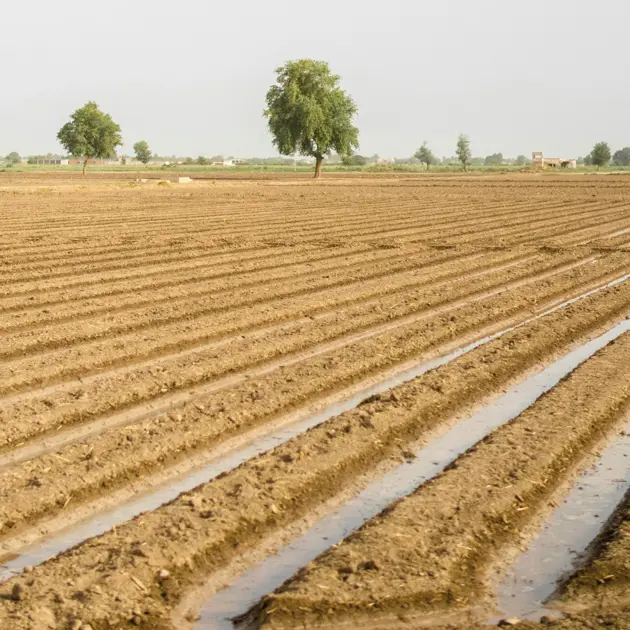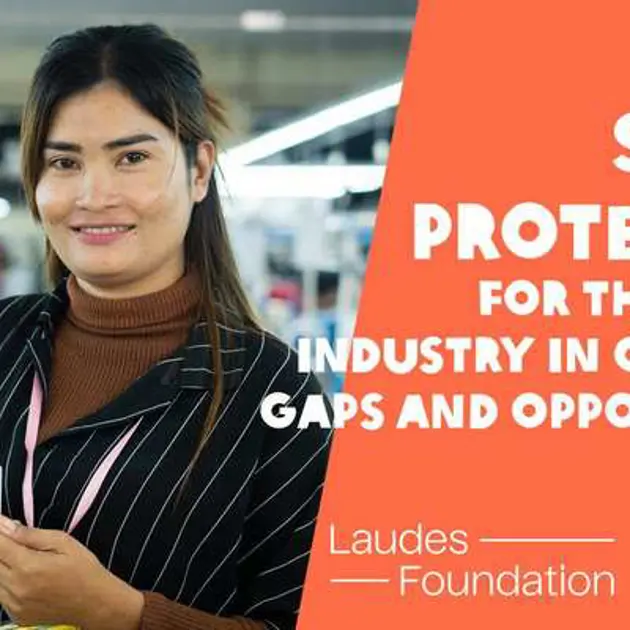Does buying pre-loved clothing mean buying less new?
Clothing retailers could take a quick and easy step towards reducing their environmental impact by taking back clothes from their customers and reselling them on the second-hand market – but what is the commercial potential of doing so?
This is the focus of new research published today by circular economy and sustainable fashion experts QSA Partners. Aiming to identify how much of a commercial opportunity the used clothing market in the UK represents for clothing brands, the survey looked at whether second-hand clothing purchases stop people from buying new clothes.
The findings showed that one in three people had bought used and vintage clothing in 2019, around 50% of women and 25% of men. What stood out for the researchers though was that approximately 60% of respondents declared that buying the used garment had prevented or delayed them from buying a new item of the same type.
Gerrard Fisher, QSA Partners says, “This means that six out of ten used garments resold actually help to avoid a new product purchase, reducing the demand for new resources to be extracted and the environmental impacts – carbon emissions, waste and water use – that go along with that. This is a significant finding for the fashion industry, which is a major contributor to climate change.”
The research, conducted by Icaro Consulting on behalf of QSA Partners and the London Waste and Recycling Board (LWARB), is also a substantial new piece of evidence that circular business models can have a really positive impact on the fashion sector’s impact whilst providing new market opportunities.
Gerrard continues, “Consumer attitudes and demands are changing and evidence suggests this has accelerated during lockdown, the fashion industry needs to respond to that. The message is clear - if one third of your customers are buying used and you aren’t serving them, now is the time to act. When buying used appears to mean buying less, fashion brands that aren’t addressing this will lose out”.
The research is part of the ‘Circular Fashion Fast Forward’ project, run in collaboration with LWARB as part of the Laudes Foundation’s Bridging the Gap initiative. Andrea Crump, fashion and textiles lead at LWARB, said, “We’re delighted that this research shows that consumers are considering their purchases of new products more carefully. We’re often challenged on whether circular business models really are better for the environment - and this research shows that they definitively can be.”
QSA Partners research also looked at differences between male and female purchases, finding that half as many males as females buy used clothing but males pay almost half as much again for their purchase. A summary of QSA Partners’ findings is available to download for free from: https://mailchi.mp/c3fbc95cb043/qsa-partners-research-report
Notes to editor
QSA Partners are a specialist team of circular economy and sustainable business experts with extensive experience in fashion and consumer goods. Helping businesses create customer-centric, commercially-attractive circular business models and sustainability strategies, the team have worked with many designer and high street brands including adidas, Farfetch and Ted Baker.
QSA Partners believe that better business models – whether based on sustainability or circular economy principles - help their clients stay relevant, grow market share and open up different markets in a rapidly changing world, providing business resilience against the impacts and risks of climate change.
Focused on real customer needs, they create new strategies and propositions with a robust business case and sound market validation through research, testing and scaling. Working with the private, public and third sectors across the UK from small start-ups to multi-nationals, their expertise spans from fashion and consumer goods to transport, utilities and the built environment.
London Waste and Recycling Board (LWARB)
The London Waste and Recycling Board is a partnership of the Mayor of London and the London boroughs to improve waste and resource management. The city’s economic and environmental future depends on a transition to a low-carbon circular economy, and LWARB works to ensure that London’s businesses, local government and communities thrive by helping them make the very best use of resources and materials.
Contact
For more information about this press release, please contact Nicki Chennells on 07545 922671 or email hello@qsapartners.co.uk.


